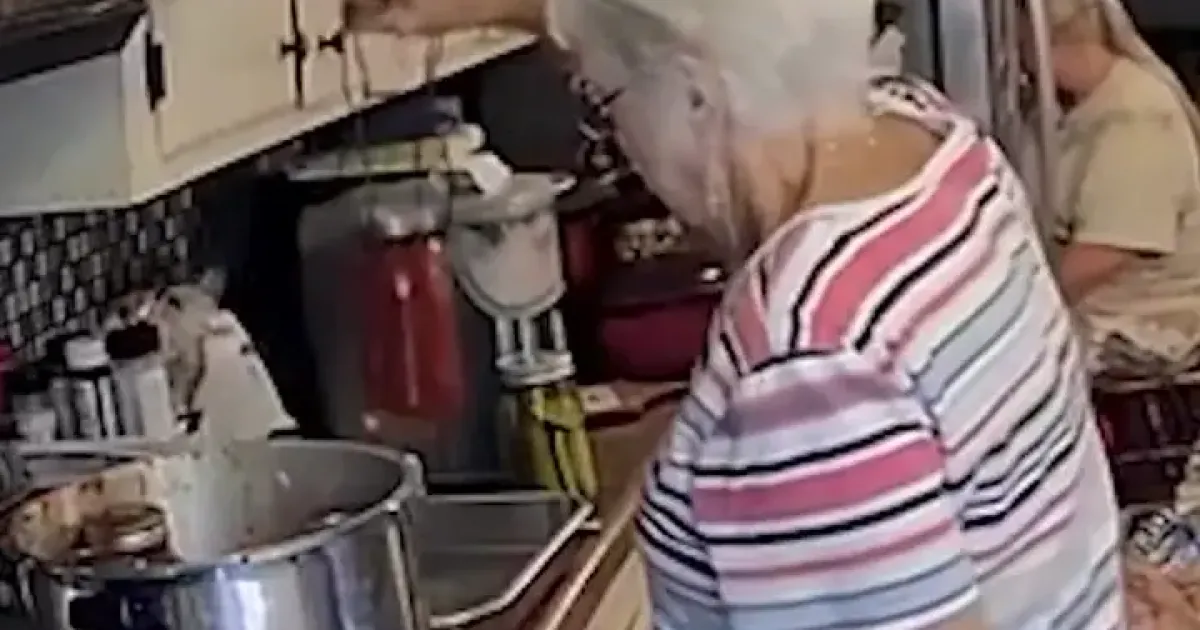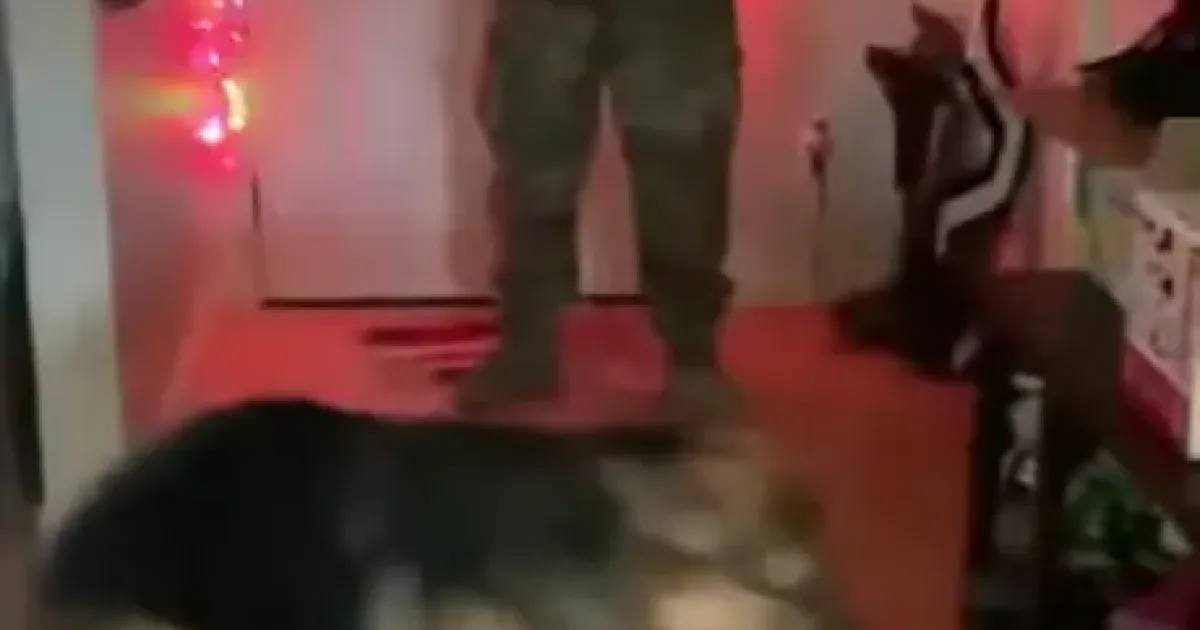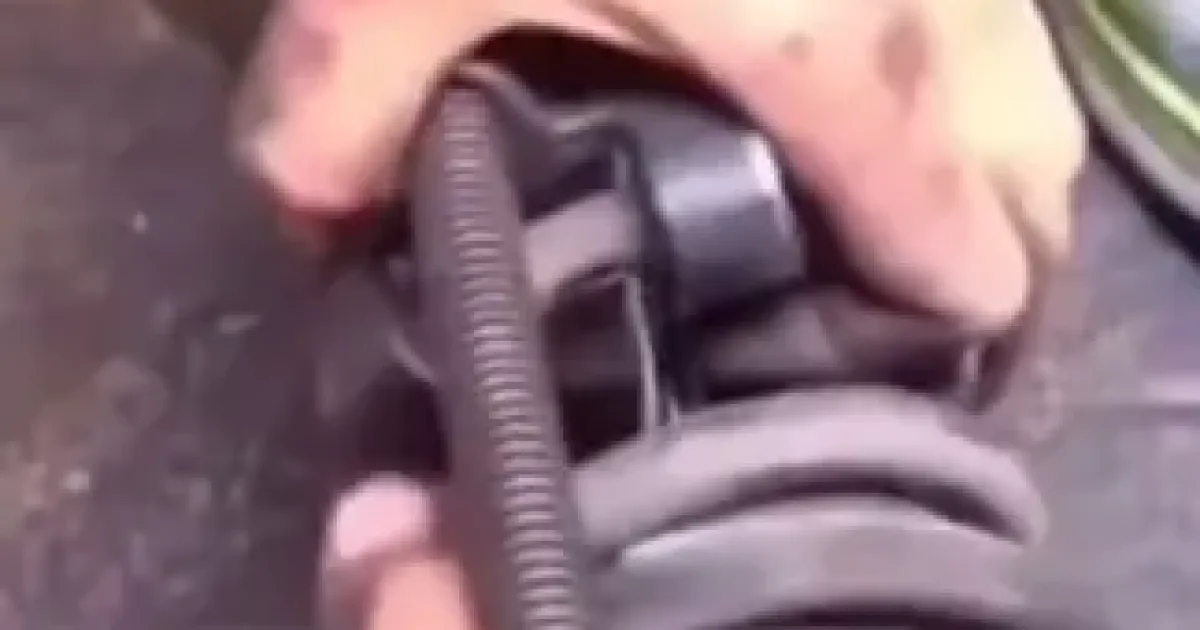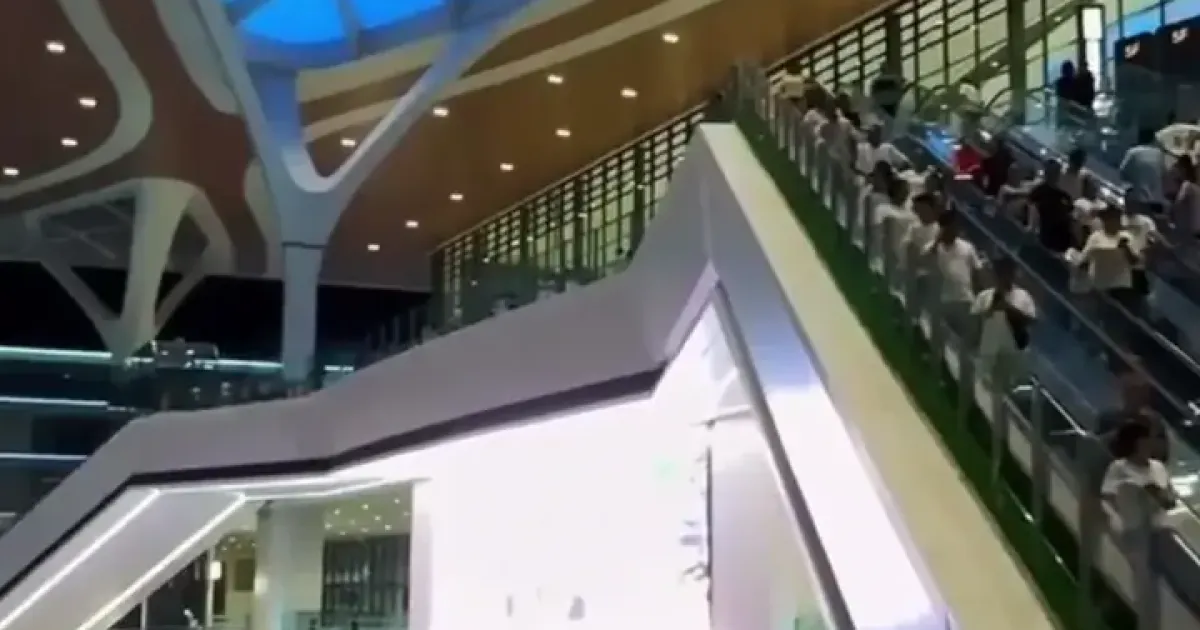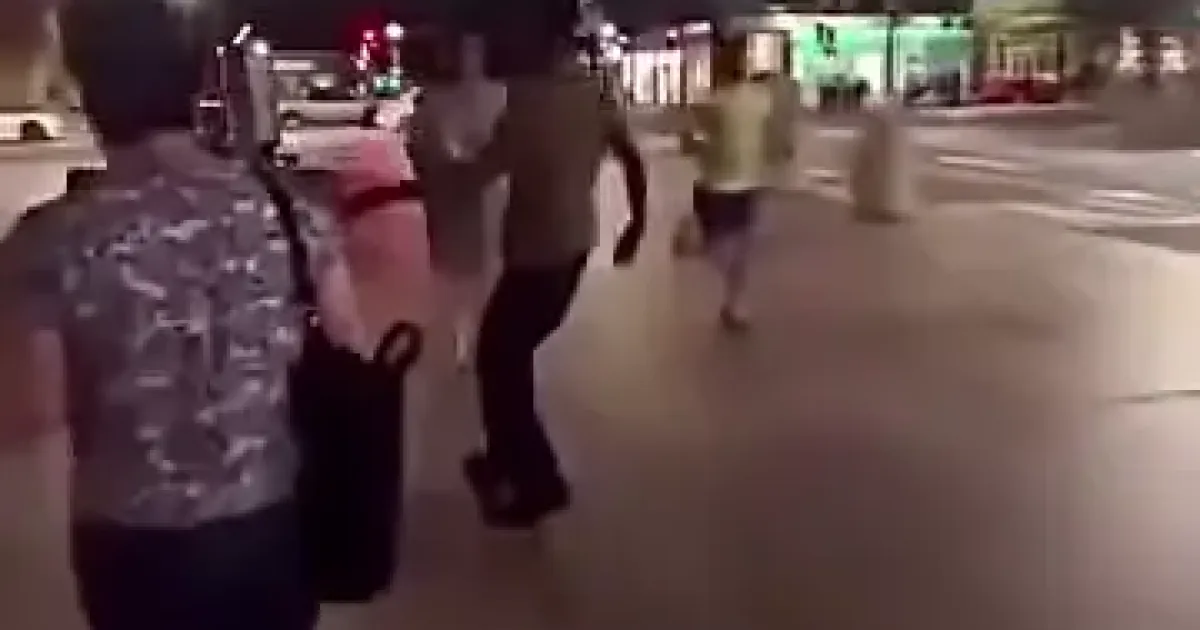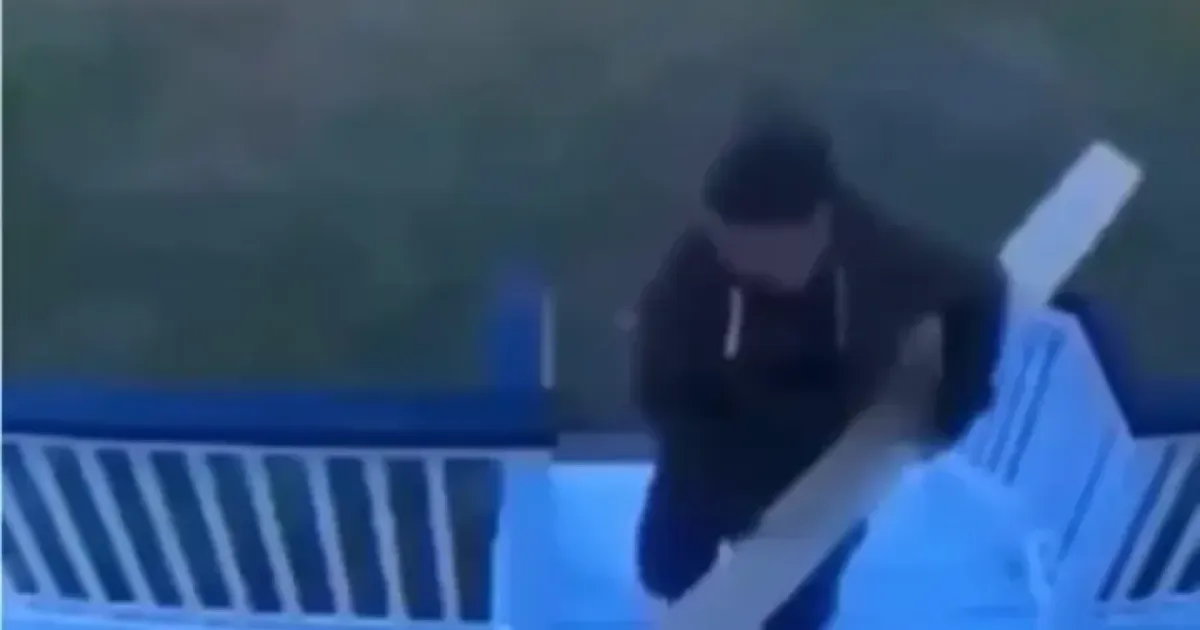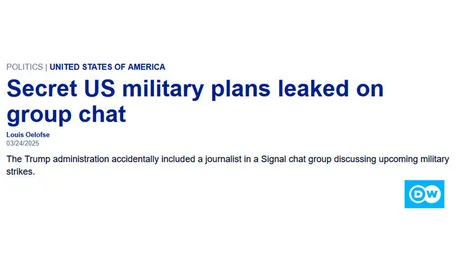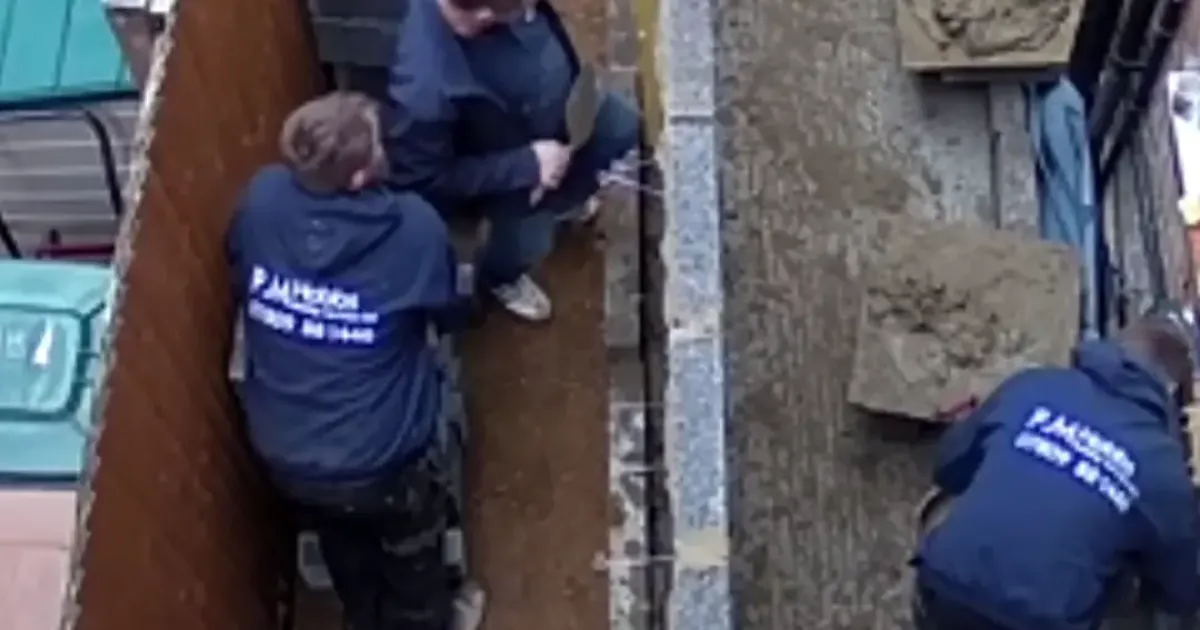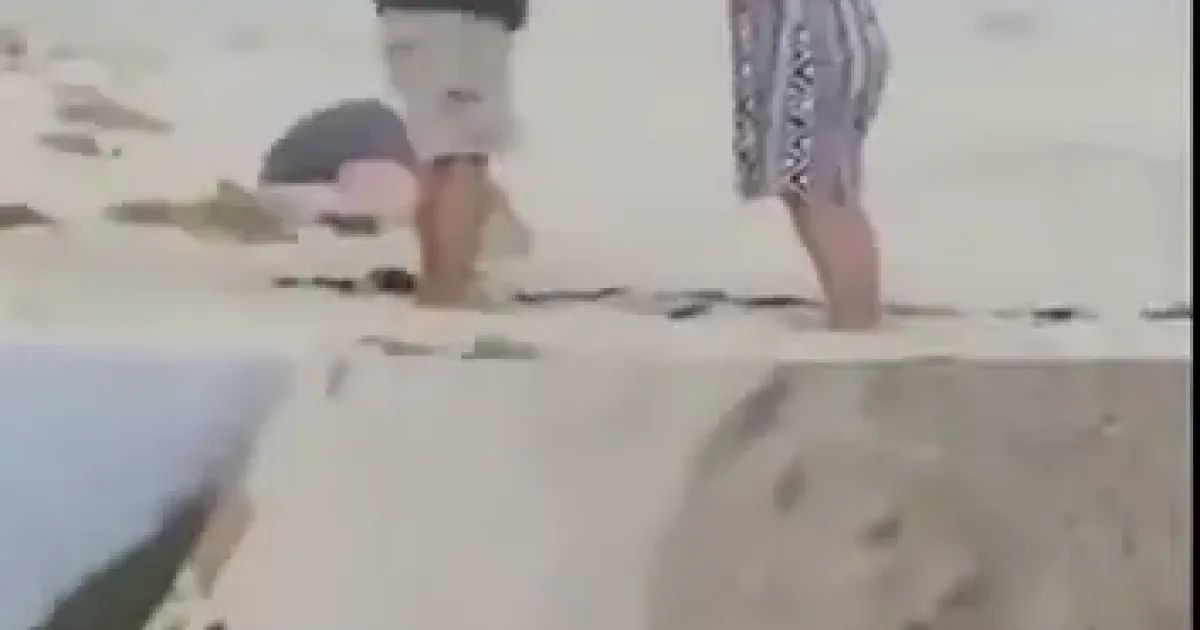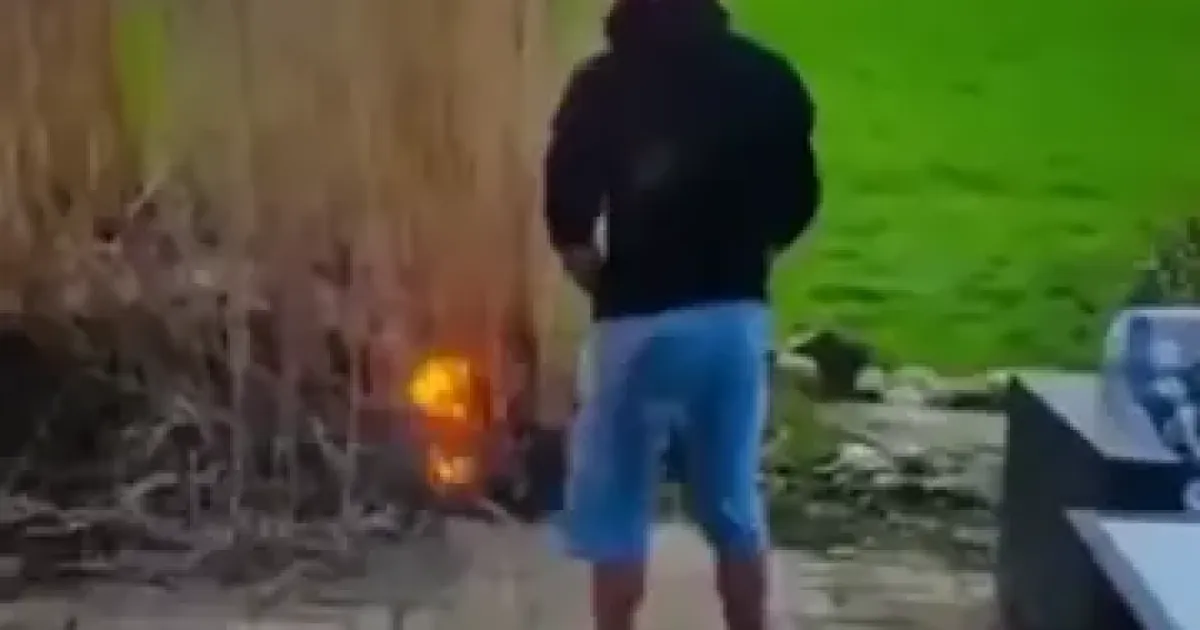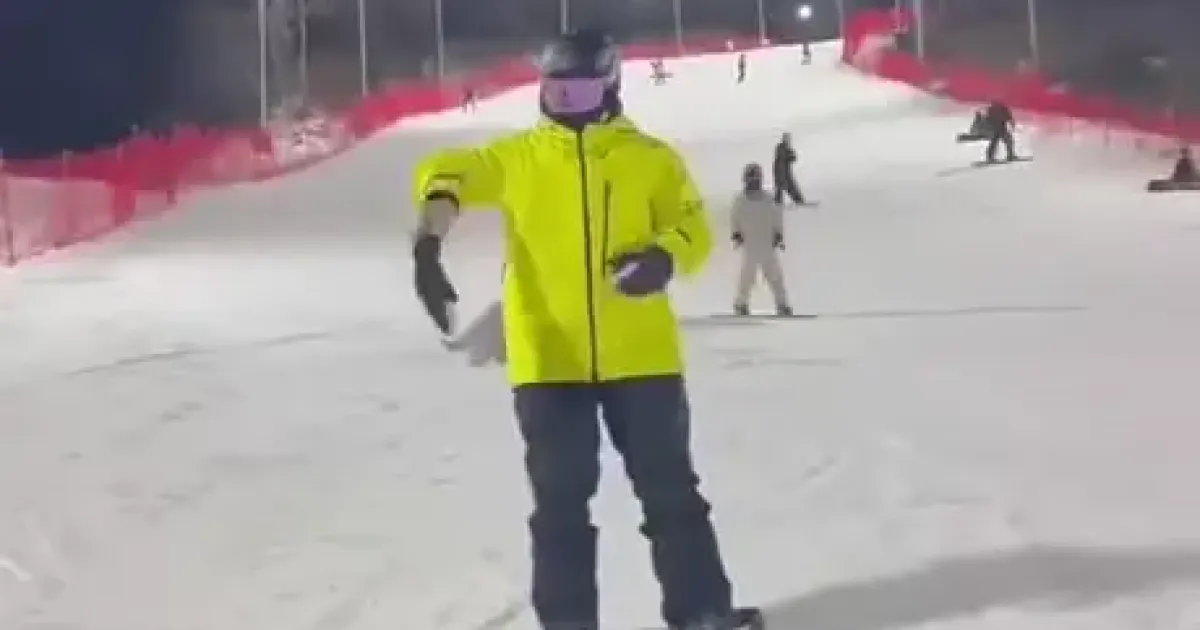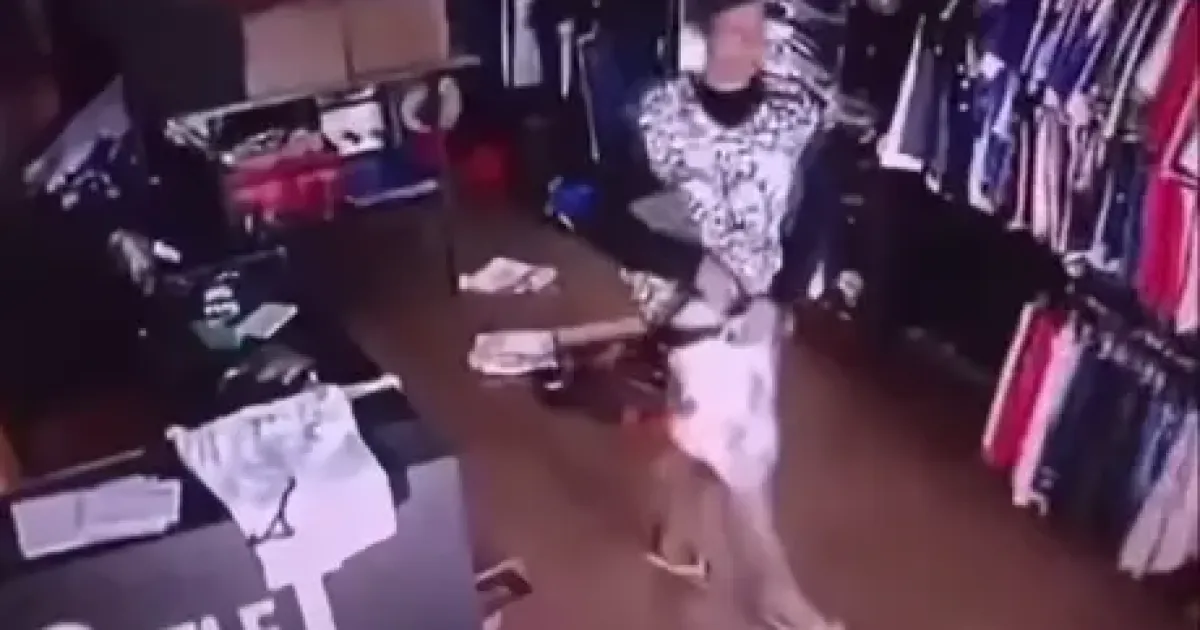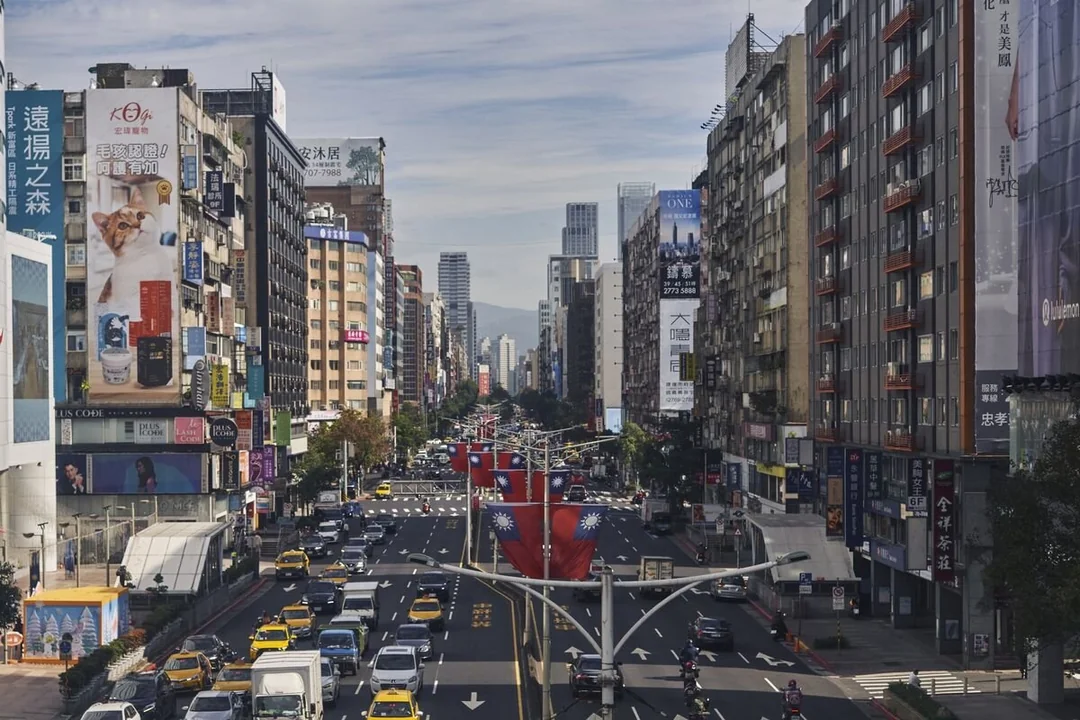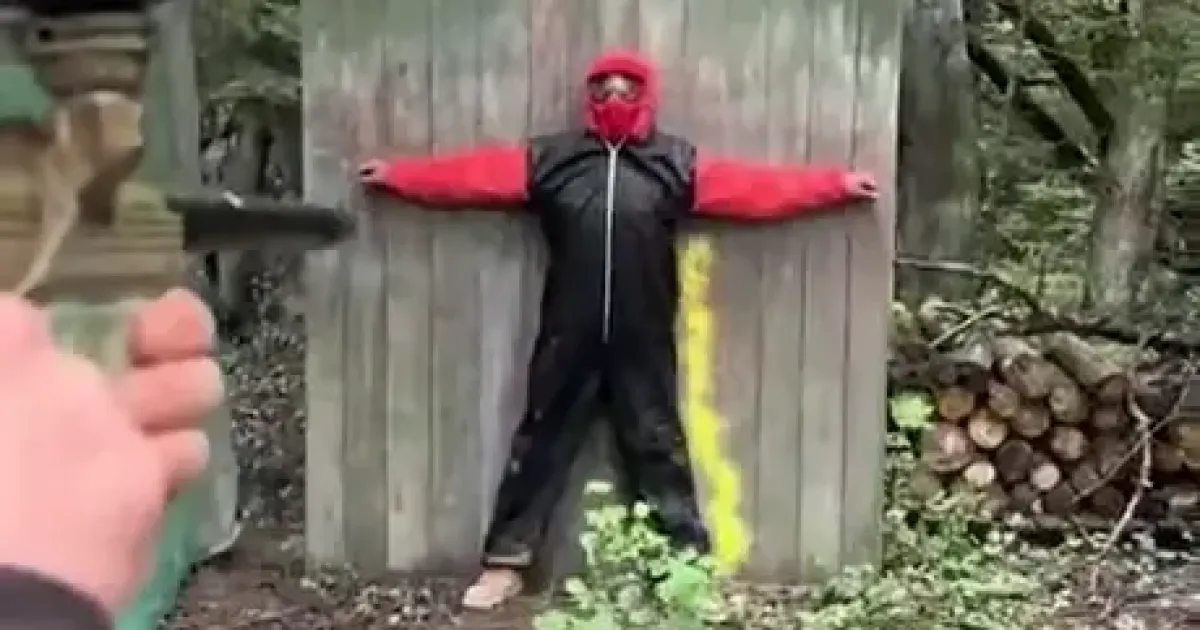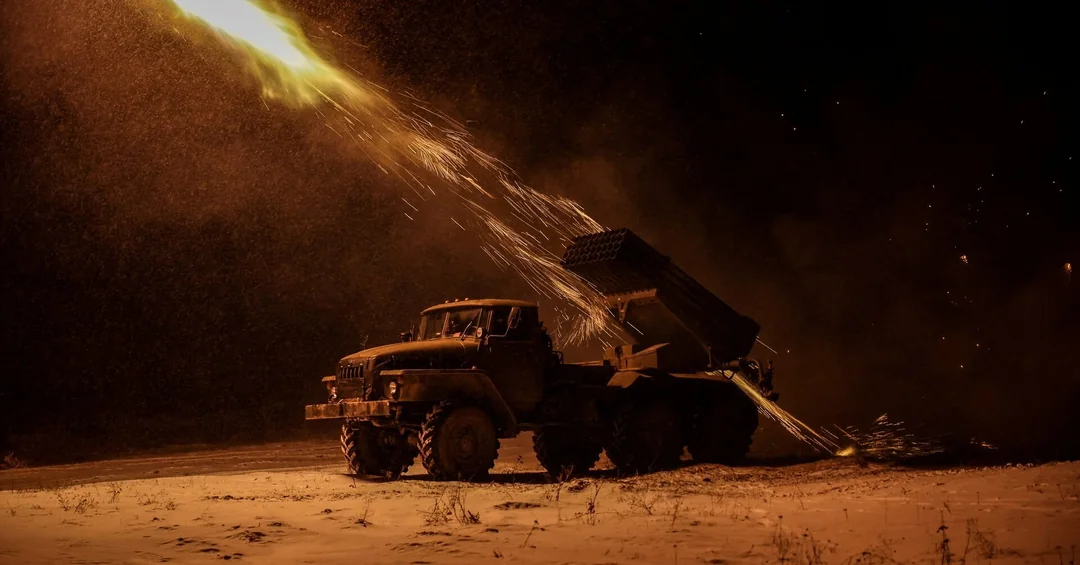
US pauses military aid to Ukraine, media reports
WASHINGTON, March 3 (Reuters) - The United States is pausing military aid to Ukraine days after U.S. President Donald Trump clashed with Ukrainian President Volodymyr Zelenskiy in the Oval Office, a White House official confirmed on Monday.
The official said the U.S. is pausing and reviewing aid to ensure it is contributing to a solution.
The pause will last until Trump determines the country's leaders demonstrate a good-faith commitment to peace, according to Bloomberg and Fox News reports.
#Ukraine #Reuters #News
Read More...

Macron says Ukraine is an 'existential' fight for Europe as he makes two-day state visit to Portugal
French President Emmanuel Macron began a two-day state visit to Portugal to strengthen bilateral ties and encourage European unity as the fate of Ukraine remains uncertain under an increasingly critical Trump administration.
French President Emmanuel Macron began a two-day state visit to Portugal on Thursday where he was greeted by Prime Minister Luis Montenegro.
Macron and his wife Brigitte received a welcoming ceremony outside the Jeronimos Monastery in the Portuguese capital, Lisbon. Macron was later welcomed by his Portuguese counterpart Marcelo Rebelo de Sousa after the ceremony.
The French president’s trip to Portugal looks to boost bilateral ties between Paris and Lisbon and deepen European unity in a period of uncertainty.
European leaders have been urging for increased unity and cooperation after a dramatic shift in Washington’s foreign policy following the return of Donald Trump to the White House.
#Macron #Ukraine #Europe
Read More...
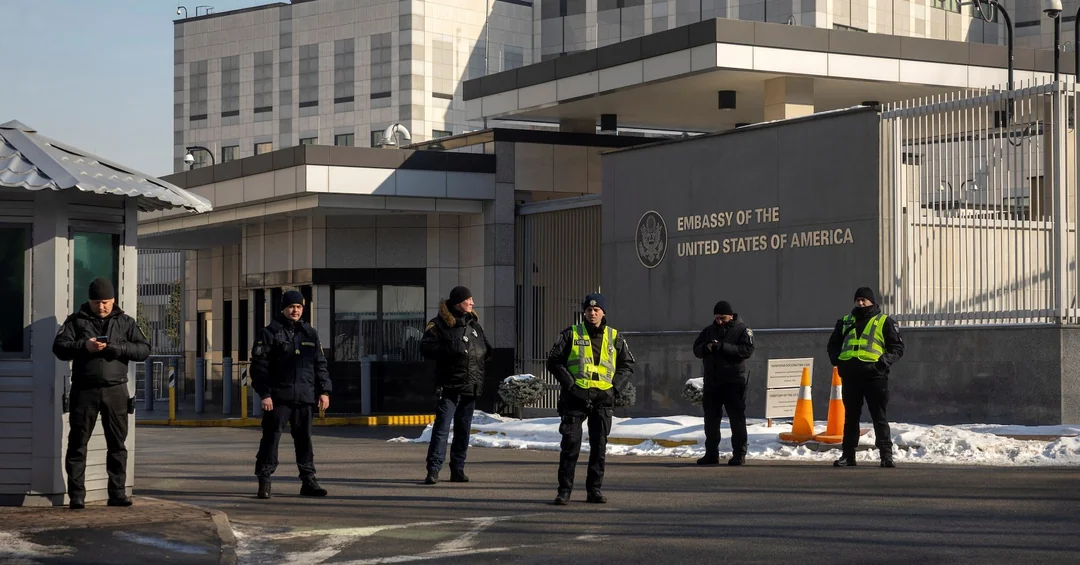
US cuts off intelligence sharing with Ukraine, FT reports
The U.S. has cut off intelligence-sharing with Kyiv, said CIA Director John Ratcliffe on Wednesday, in a move that could seriously hamper the Ukrainian military's ability to target Russian forces.
The decision to cut off intelligence-sharing and military aid to Ukraine starkly illustrates the Trump administration's willingness to play hardball with an ally to force it to the negotiating table.
U.S. President Donald Trump said on Tuesday he received a letter from Ukrainian President Volodymyr Zelenskiy in which the Ukrainian leader expressed willingness to come to the negotiating table over the Russia-Ukraine war.
#Reuters
#Russia #Ukraine #War
Read More...

Dalai Lama says his successor to be born outside China
NEW DELHI — The Dalai Lama’s successor will be born outside China, the spiritual leader of Tibetan Buddhism says in a new book, raising the stakes in a dispute with Beijing over control of the Himalayan region he fled more than six decades ago.
Tibetans worldwide want the institution of the Dalai Lama to continue after the 89-year-old’s death, he writes in “Voice for the Voiceless,” which was reviewed by Reuters and is being released on Tuesday.
He had previously said the line of spiritual leaders might end with him.
His book marks the first time the Dalai Lama has specified that his successor would be born in the “free world,” which he describes as outside China. He has previously said only that he could reincarnate outside Tibet, possibly in India where he lives in exile.
“Since the purpose of a reincarnation is to carry on the work of the predecessor, the new Dalai Lama will be born in the free world so that the traditional mission of the Dalai Lama — that is, to be the voice for universal compassion, the spiritual leader of Tibetan Buddhism, and the symbol of Tibet embodying the aspirations of the Tibetan people — will continue,” the Dalai Lama writes.
Tenzin Gyatso, the 14th Dalai Lama, fled at the age of 23 to India with thousands of other Tibetans in 1959 after a failed uprising against the rule of Mao Zedong’s Communists.
Beijing insists it will choose his successor, but the Dalai Lama has said any successor named by China would not be respected.
#NBC #News #DalaiLama
Read More...
